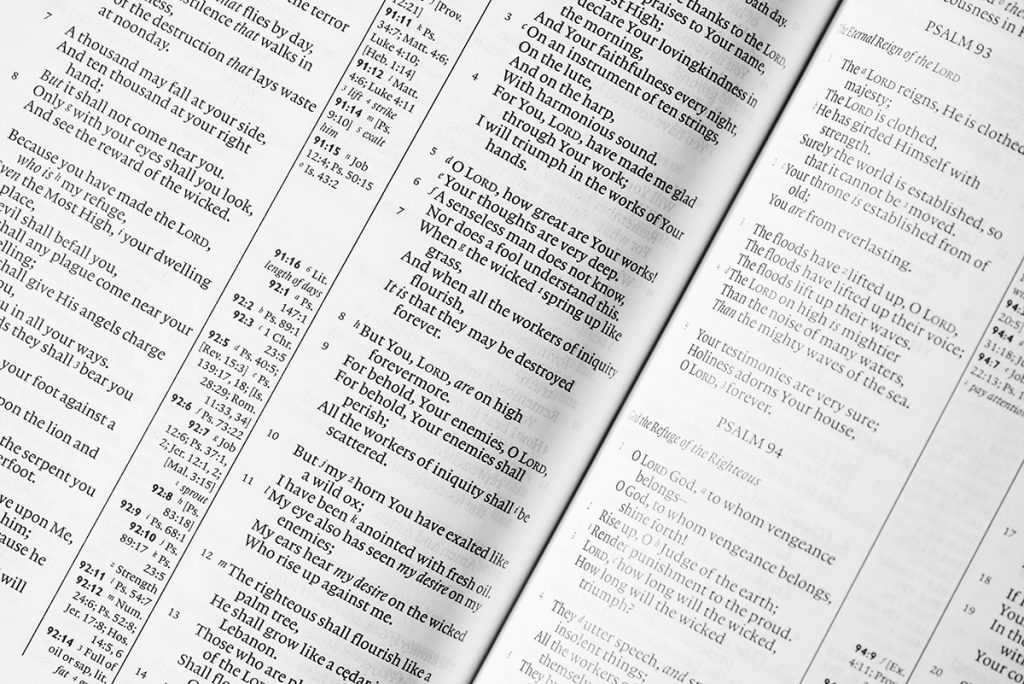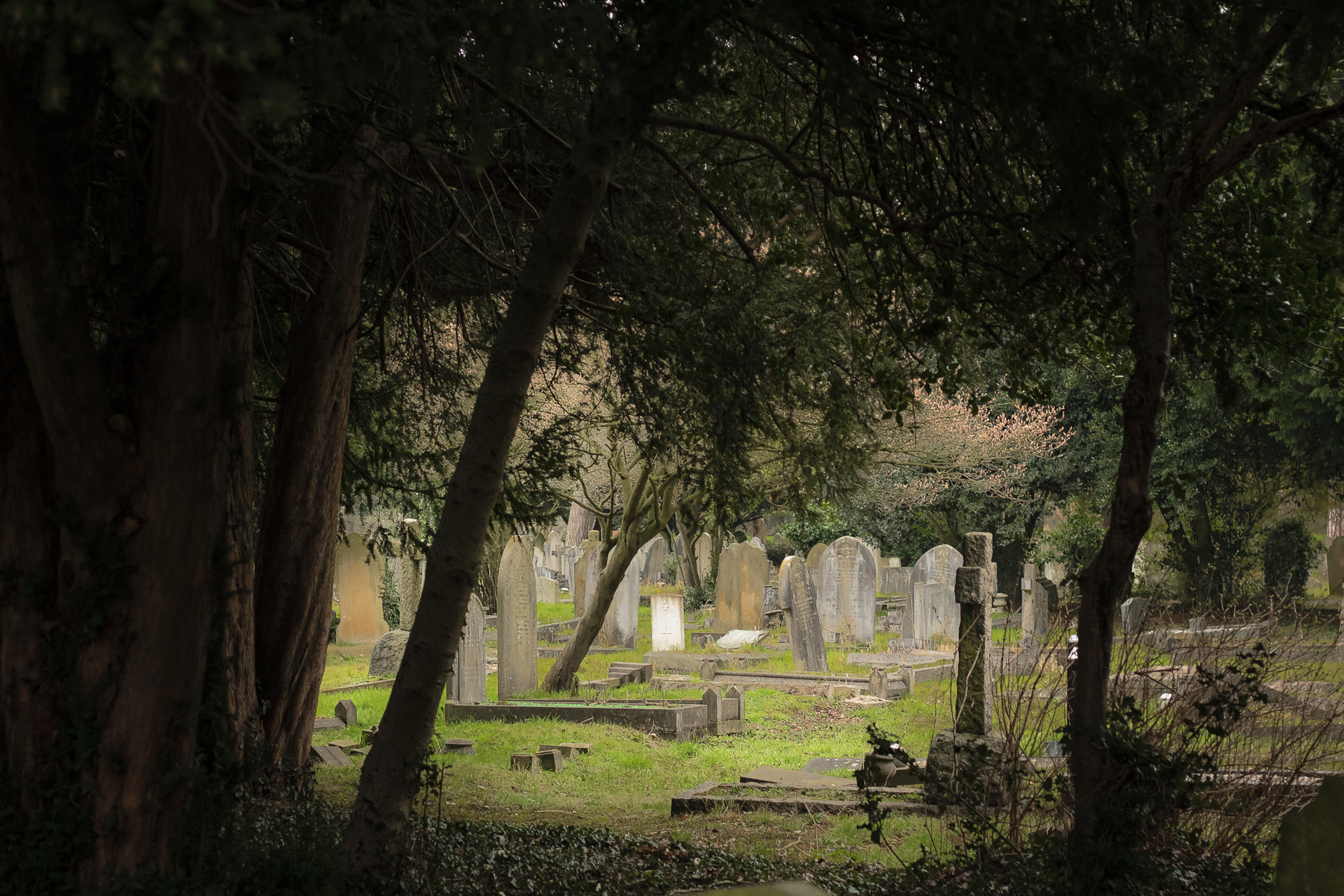
Assembled here is a survey of each chapter in Deuteronomy. A few sentences for each chapter to summarize the core content and meaning of the fourth and final book of the Mosaic law. All thirty-four chapters are put together here to assemble a coherent view of the Book of Deuteronomy as a whole. These summaries were not written from a historical, poetic, literal, or figurative interpretative view. These summaries are merely content produced within the valid, authoritative, sufficient, infallible, and inerrant strength of God’s word.
The Theme of Deuteronomy:
The appeal of Moses for Israel to form an everlasting covenant with Yahweh and to remain faithful to Him. Numerous reminders about God’s protection and faithfulness urge Israel to choose life and the Lord. To choose blessings rather than curses through loving God as evidenced by obedience to the law.
Deuteronomy 1:
Moses reviews with the Israeli people what had occurred in their history leading up to the conquest of Canaan. A review of God’s command to enter Canaan in addition to additional historical details. Leaders appointed, spies return from Canaan with a mixed report, Israel refuses to enter Canaan, Israel generation condemned to remain in the wilderness, Israel decides to enter Canaan on their own and is defeated.
Deuteronomy 2:
Moses’ review continues. Israel remained in the wilderness and was instructed not to war with Moab. The conquest begins, and Israel defeats Sihon. Tribes begin to claim land East of the Jordan river outside Canaan.
Deuteronomy 3:
Israel defeats the territory of Bashan. Joshua was introduced as the new leader of Israel.
Deuteronomy 4:
Israel exhorted to obey God. Idolatry was declared forbidden as the Lord alone is God. Moses introduced the law to Israel.
Deuteronomy 5:
Moses reminds Israel of the ten commandments as delivered to Israel. Israel has seen the glory of the Lord.
Deuteronomy 6:
The SHEMA is introduced to Israel. A command to love God with all their heart, mind, soul, and strength. Israel is required to serve and fear the Lord.
Deuteronomy 7:
The Lord has chosen Israel as His people and commands them to destroy all occupants of the land given to them. The Lord commands His people to destroy all carved images of the occupants.
Deuteronomy 8:
Israel was reminded to remember God and all He has done for Israel from Egypt onward. Man shall live by every word of the Lord.
Deuteronomy 9:
The nation of Israel passes over into the promised land. A recollection of the golden calf the Israelite people made for themselves to worship.
Deuteronomy 10:
New tablets of stone cut for the ten commandments and God writes His law on them. The Lord requires His people to keep His commandments, serve Him, and hold fast to Him.
Deuteronomy 11:
Further instruction to love and serve the Lord. Set before His people a blessing through obedience and a curse through disobedience.
Deuteronomy 12:
Further instructions were given to Israel that they must destroy foreign objects of worship. With a follow-up warning about idolatry.
Deuteronomy 13:
Israel was given further instructions that they must destroy false prophets and idolatrous cities.
Deuteronomy 14:
Reiteration of laws detailing clean and unclean foods. Further laws about tithing.
Deuteronomy 15:
Laws concerning the sabbatical year as creditors release debtors—instructions concerning the poor and the freedom of servants.
Deuteronomy 16:
Observance of Passover plus feast of weeks and feast of booths. Further instructions about judges over the people of Israel.
Deuteronomy 17:
Reserved portion of inheritances for Priest and Levites. Laws about the forbidden practices of divination.
Deuteronomy 18:
Notice is given of a new prophet to supersede Moses. Warnings about listening to prophets of false gods or imposters who attempt to speak on Moses’ behalf.
Deuteronomy 19:
Laws concerning cities of refuge for protection against avengers of accidental killings. Requirements of multiple witnesses about crimes committed among the people.
Deuteronomy 20:
Given laws about how to engage in war, exemptions, wars with nations outside of Canaan, and populations of peoples among cities within Canaan. Occupants of Canaan were to be utterly destroyed.
Deuteronomy 21:
Various civil laws and regulations about murder, marriage, inheritance, rebellious children and capital punishment are outlined.
Deuteronomy 22:
Numerous additional laws concerning property, female attire, male and female relationships, sexual immorality, and others.
Deuteronomy 23:
Additional laws about the isolation of foreigners, uncleanness in the camp, usuries, and vows outlined.
Deuteronomy 24:
Additional laws about divorce and domestic relations.
Deuteronomy 25:
Further laws about people relationships, familial responsibilities of a deceased husband’s brother. Additional regulations concerning fights between men and a wife’s involvement. Laws about cheating or fraud. A requirement to destroy Amalek and any trace of its identity.
Deuteronomy 26:
Requirements to offer first of produce and livestock. A further requirement to offer a tithe of income.
Deuteronomy 27:
Moses’ command to build an altar upon Mt Ebal. Moses commands a separation of tribes on top of Mt Gerizim and Mt Ebal to proclaim blessings and curses centered around the Mosaic moral code.
Deuteronomy 28:
Yahweh has promised to bless Israel if they observe and obey His commandments. He will give blessings and protection to them. There are curses, plagues, pestilence, famine, enslavement, and exile for the people who reject God and what He requires. Without peace or rest, they will sink into sorry without any peace or rest.
Deuteronomy 29:
Further reinforced is God’s covenant with Israel. The Lord’s people Israel enters into a covenant with Him. Knowing that there will be curses to follow if and when they abandon Him and the covenant.
Deuteronomy 30:
A choice of life and death is set before the people of Israel. Moses urges the people to choose life by loving and honoring God. With repentance, there is mercy and forgiveness in God who loves His people.
Deuteronomy 31:
Moses encourages Israel and assures them of God’s promise to remain faithful to His covenant with His people. Moses encourages Israel. He and Joshua appear before God to hand leadership over to Joshua. The Lord commands Moses to write a song for Israel for it to be a witness against them when they forsake their God.
Deuteronomy 32:
The song of Moses is recited concerning a just and right God, His jealousy, and the pride of Israel’s future captors. Yahweh is a God of vengeance, but also a God of Mercy. Moses is sent to Mt. Nebo to die.
Deuteronomy 33:
Moses gives his final blessing to the tribes is Israel. The nation of Israel is granted peace and safety for a time while they remain faithful to their covenant.
Deuteronomy 34:
Moses was permitted to view the promised land before he died on Mt Nebo. The Lord buried Moses in the land of Moab. Joshua took leadership of Israel full of the spirit of wisdom. The Lord was with him.













